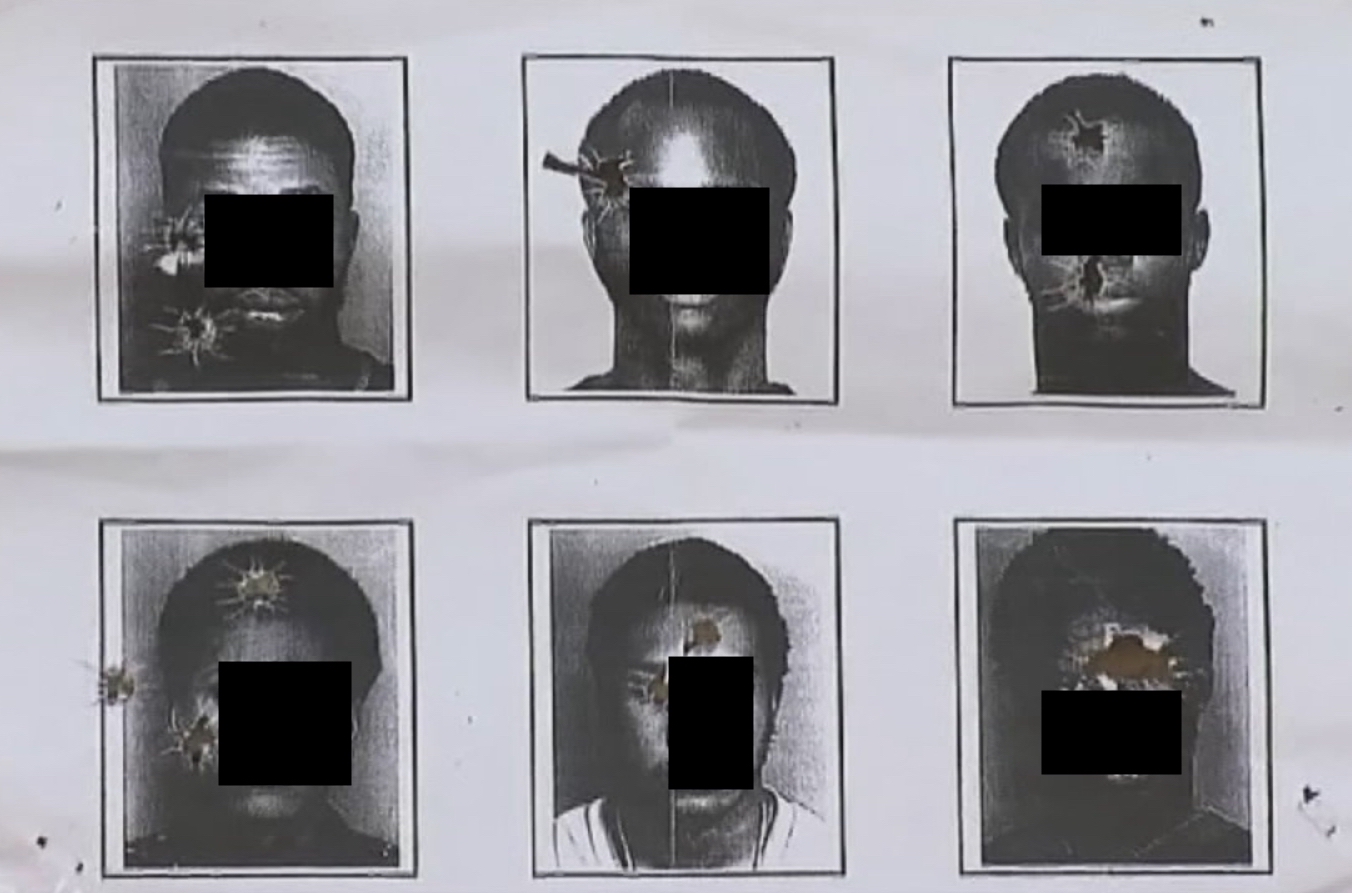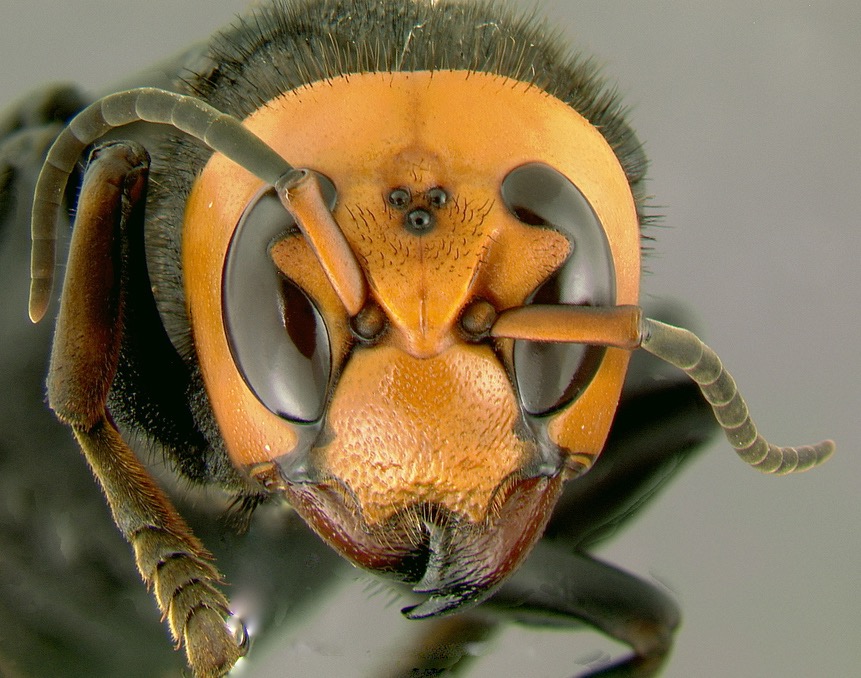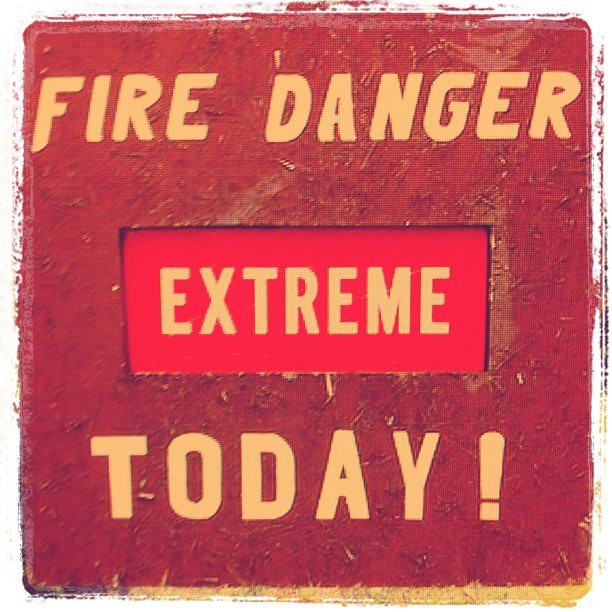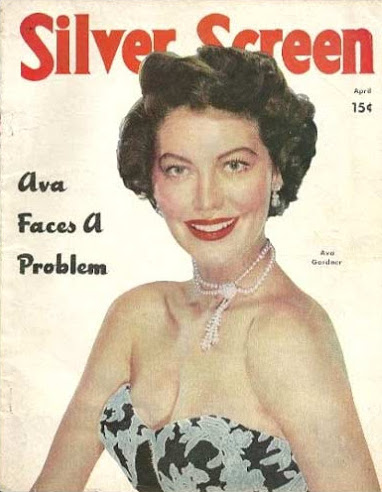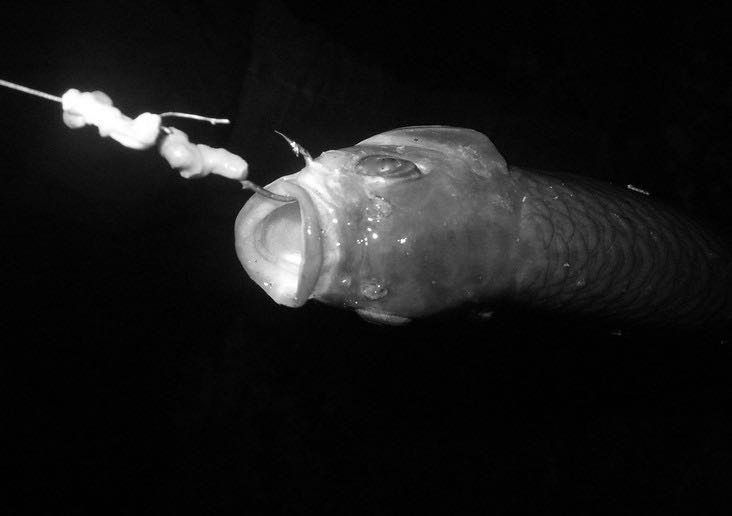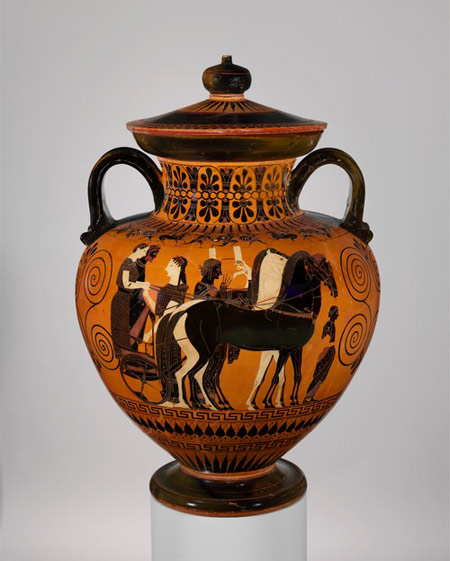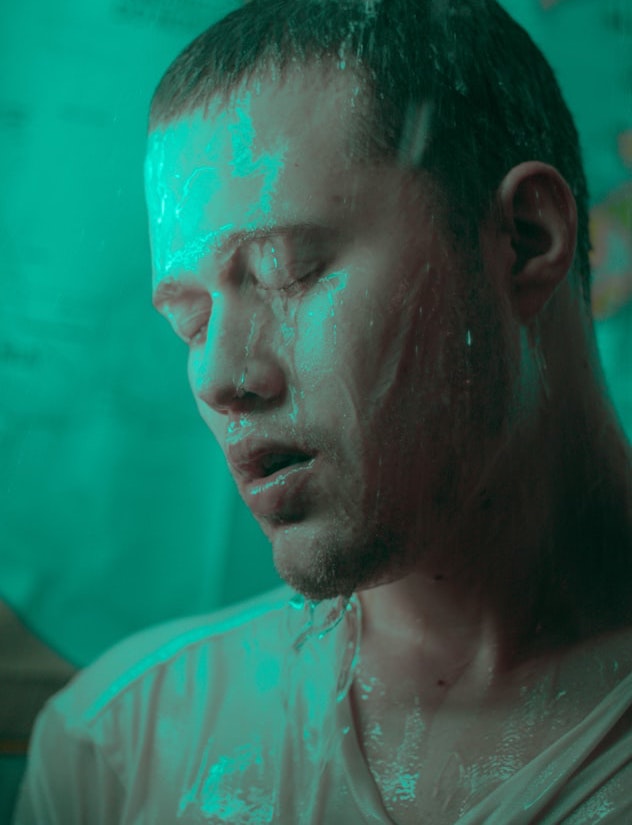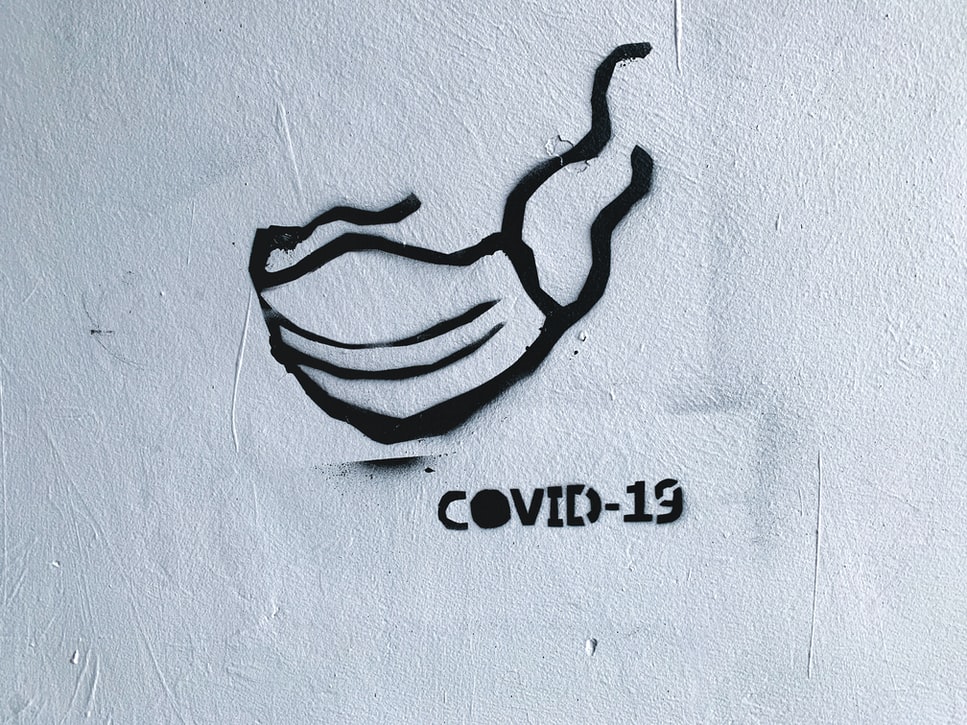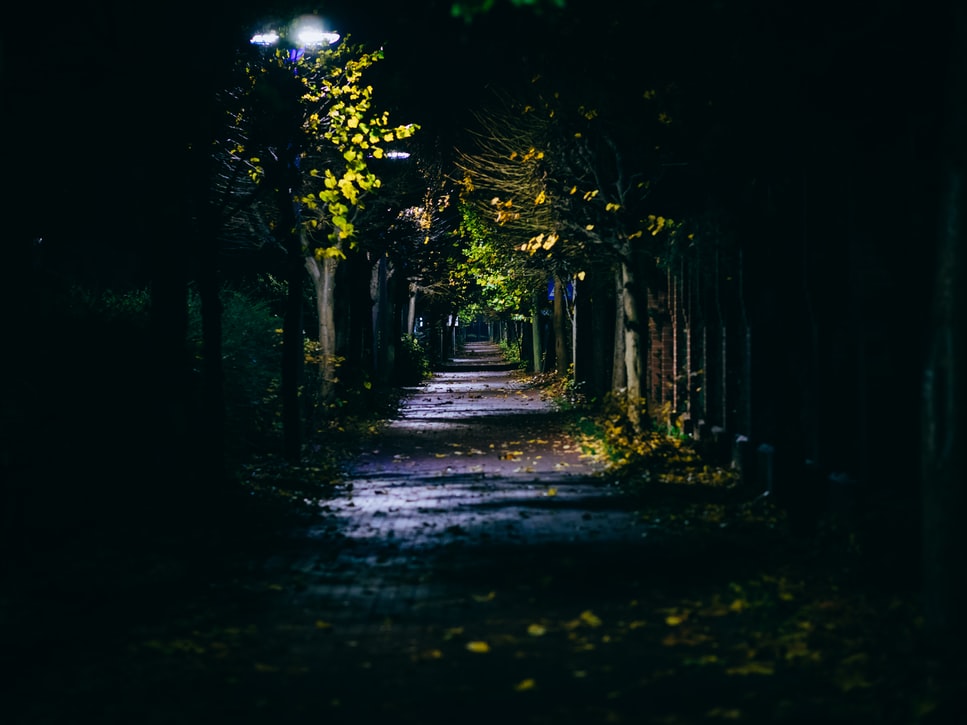Target Practice
By Geoffrey Philp
After Jericho Brown
I ride around this city feeling as if I’m always a target,
like the one at a gun range where cops used mug shots
of African-American men to improve the shots
of their snipers—photos of black men who weren’t dead,
but whose images would be useful to kill the soon-to-be-dead,
on the way back from the library, a party or even a drag race.
For although I don’t trust the spokesperson who said that race
had nothing to do with the department’s choice of pictures,
I believe him when he said they would be adding pictures
from the database of suspects that they’ve arrested,
so when I’m pulled over, I know I’m going to be arrested.
I ride around this city feeling as if I’m always a target.
Born in Jamaica, Geoffrey Philp is the author of five books of poetry, two novels, two collections of short stories, and three children’s books. A recipient of the Luminary Award from the Consulate of Jamaica (2015) and a chair for the 2019 OCM Bocas Prize for Poetry, Philp’s work is featured on The Poetry Rail at The Betsy in an homage to twelve writers who shaped Miami culture. Through DNA testing, Philp recently discovered his Jewish ancestry and his poem, “Flying African,” has been accepted for publication in New Voices: Contemporary Writers Confronting the Holocaust. He is currently working on a collection of poems, Distant Cousins.
Image: North Miami Beach Police. Masking added to protect the victims.

